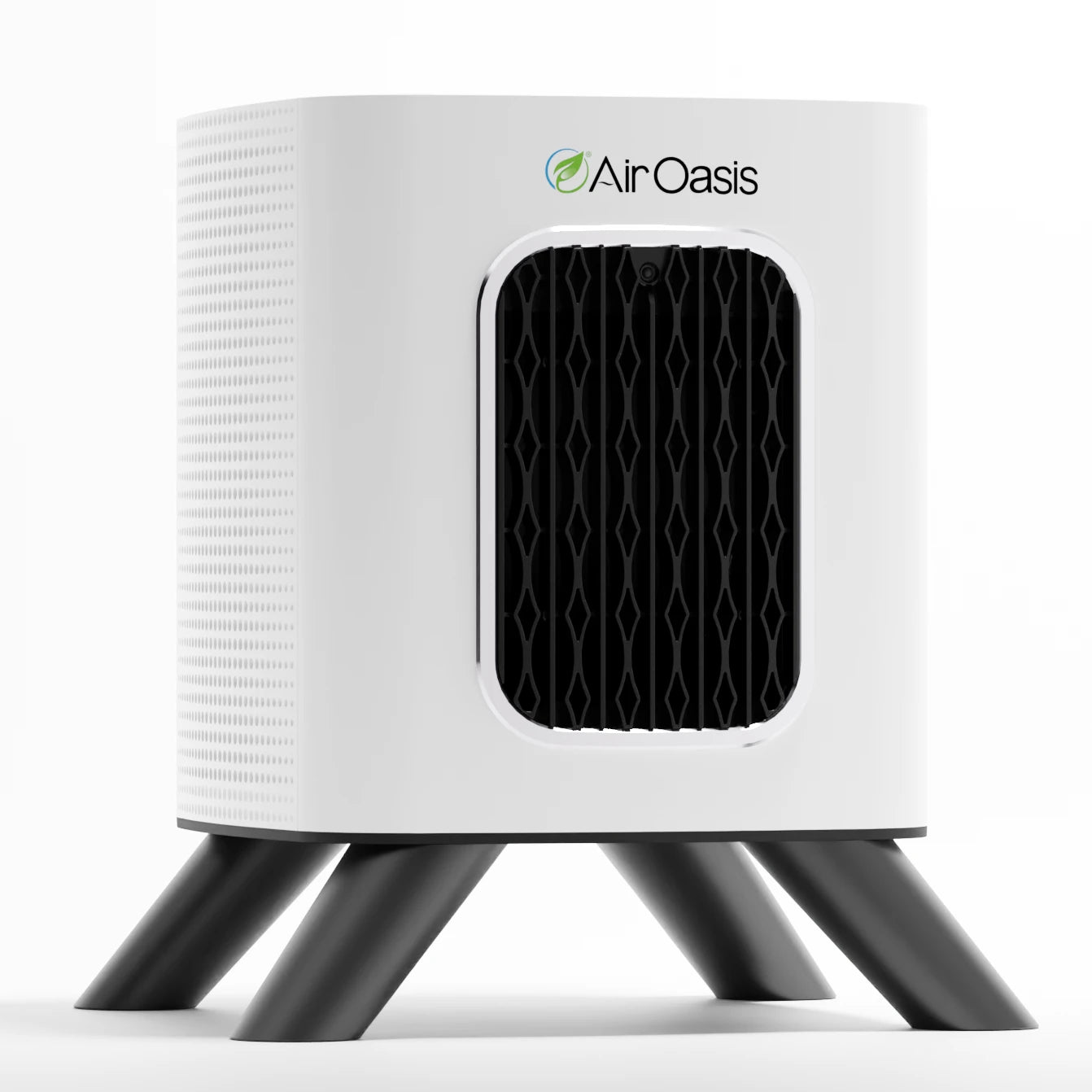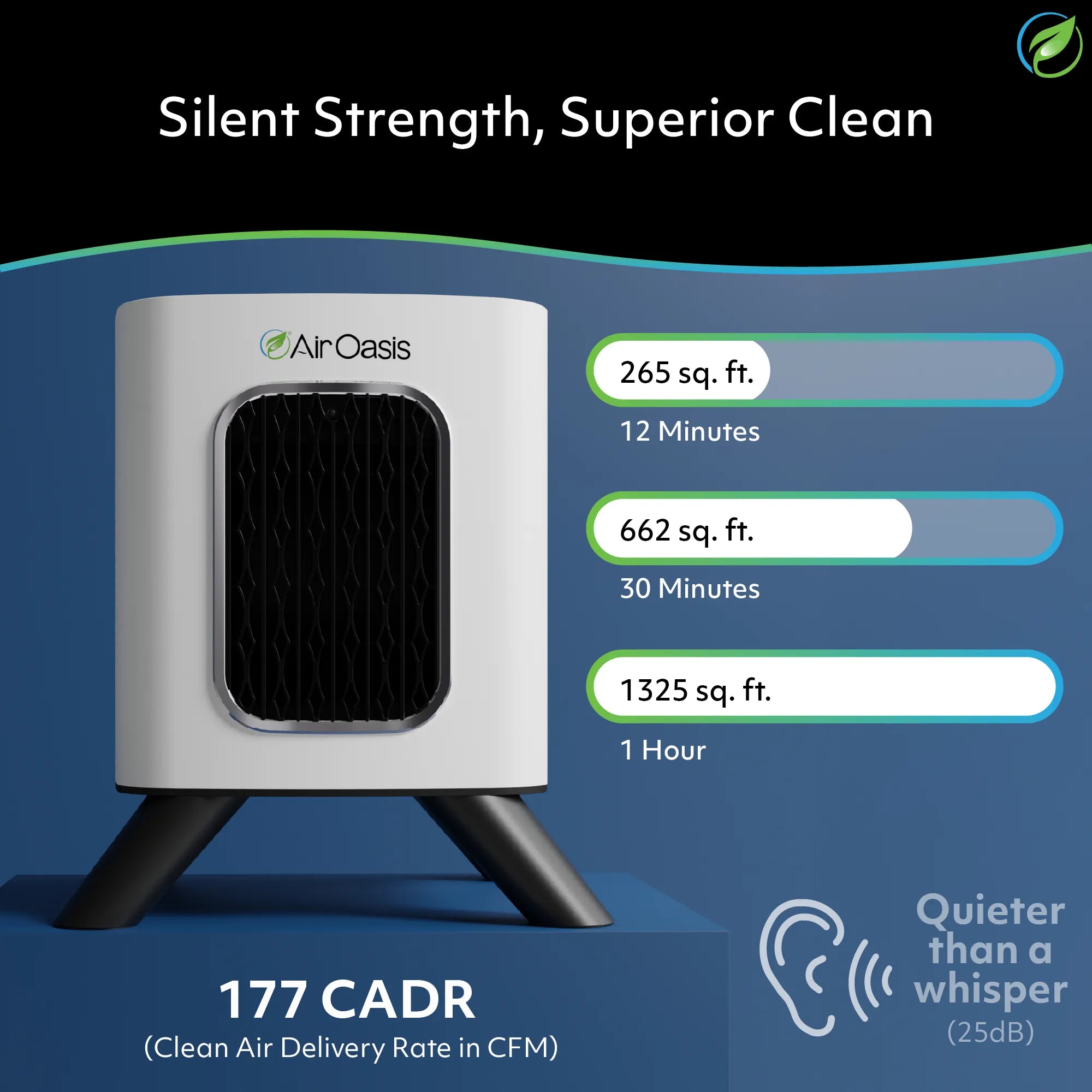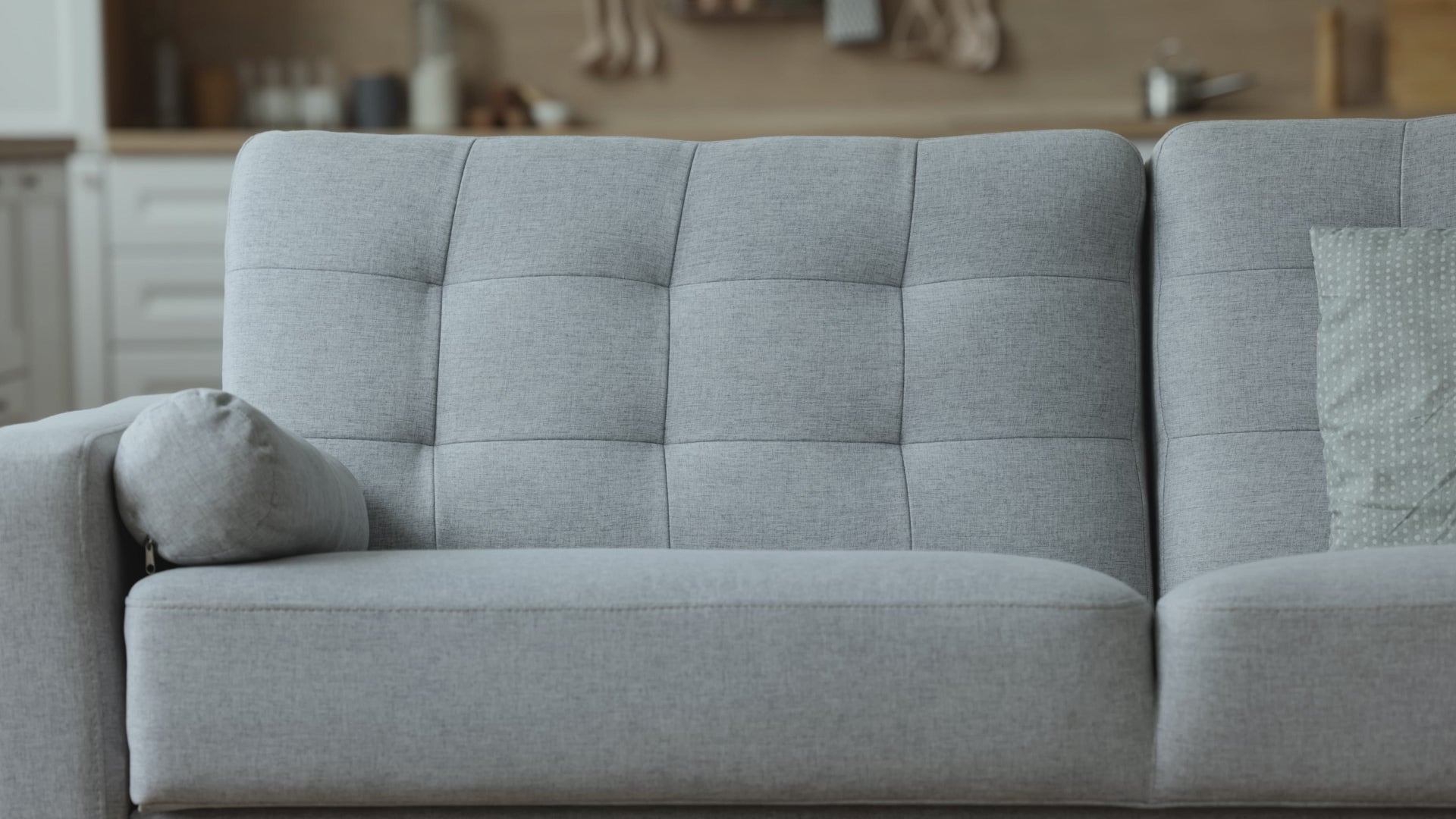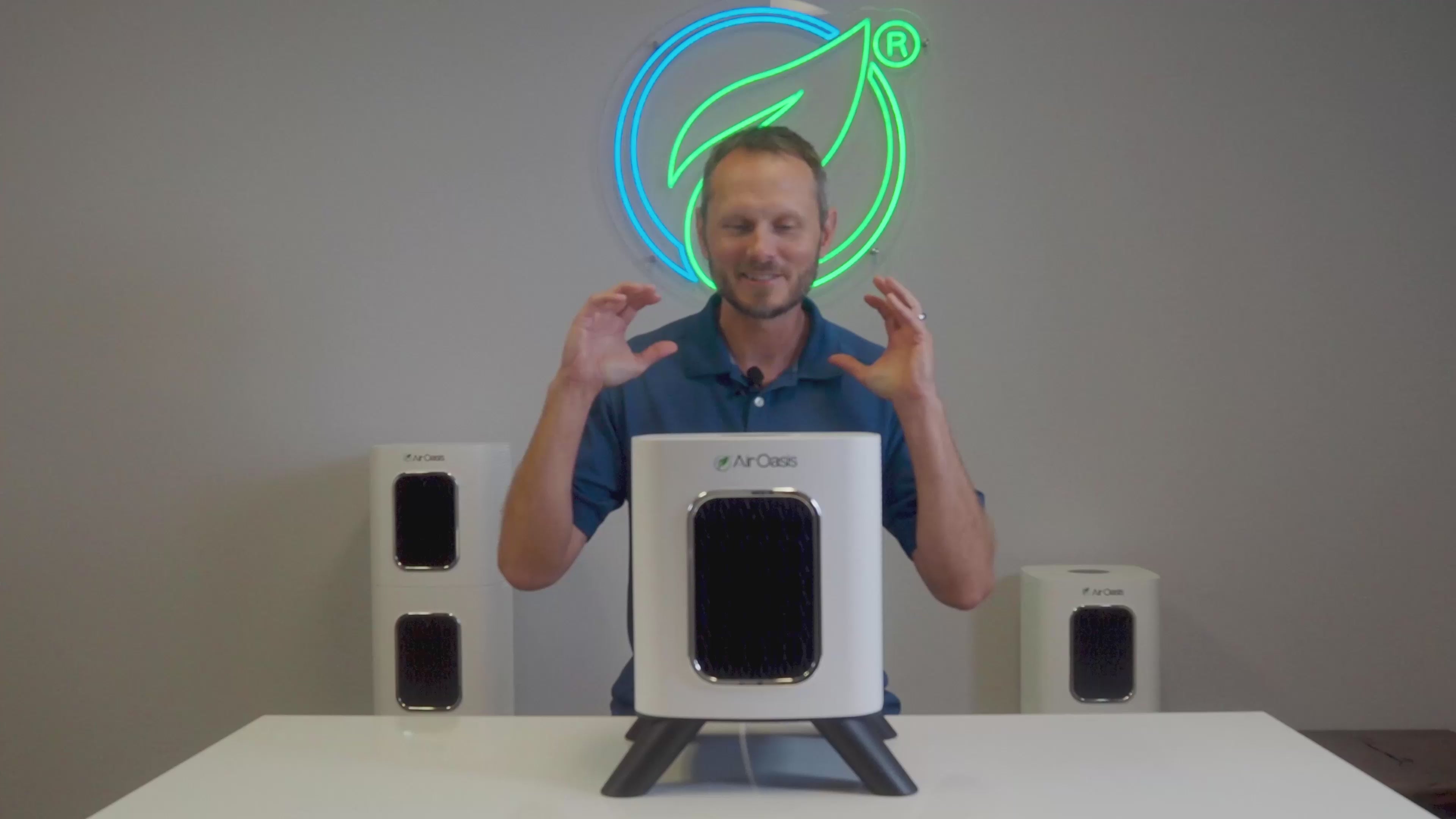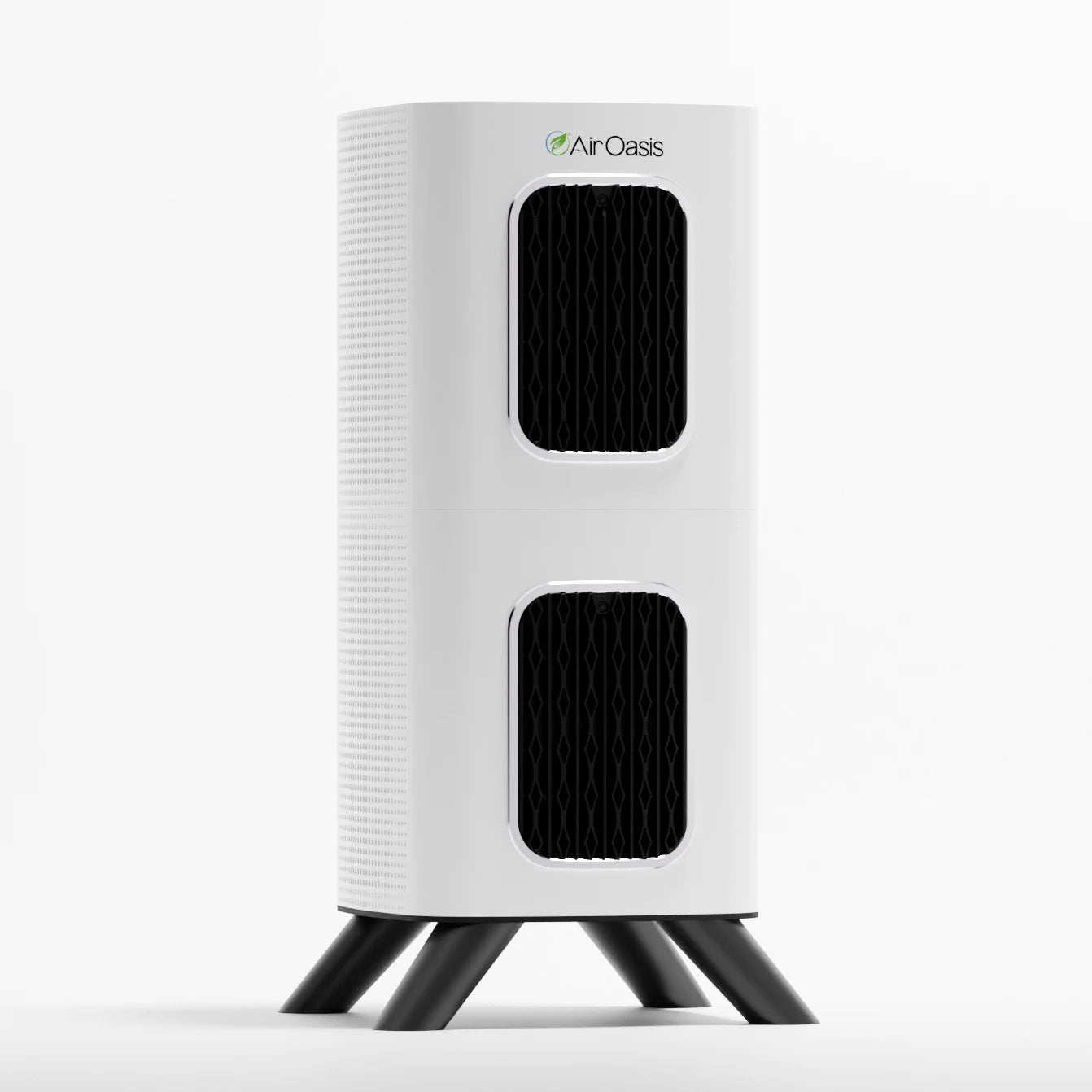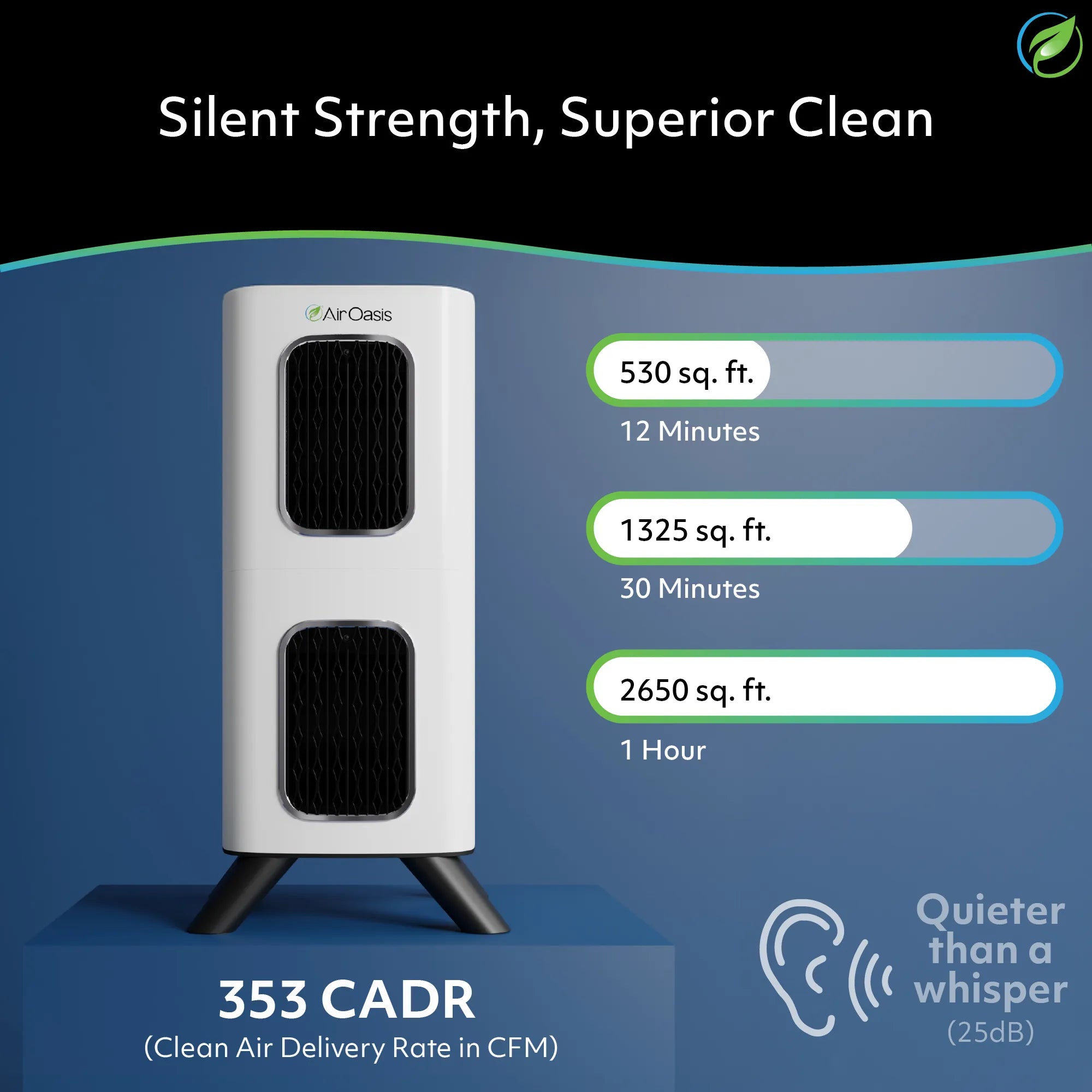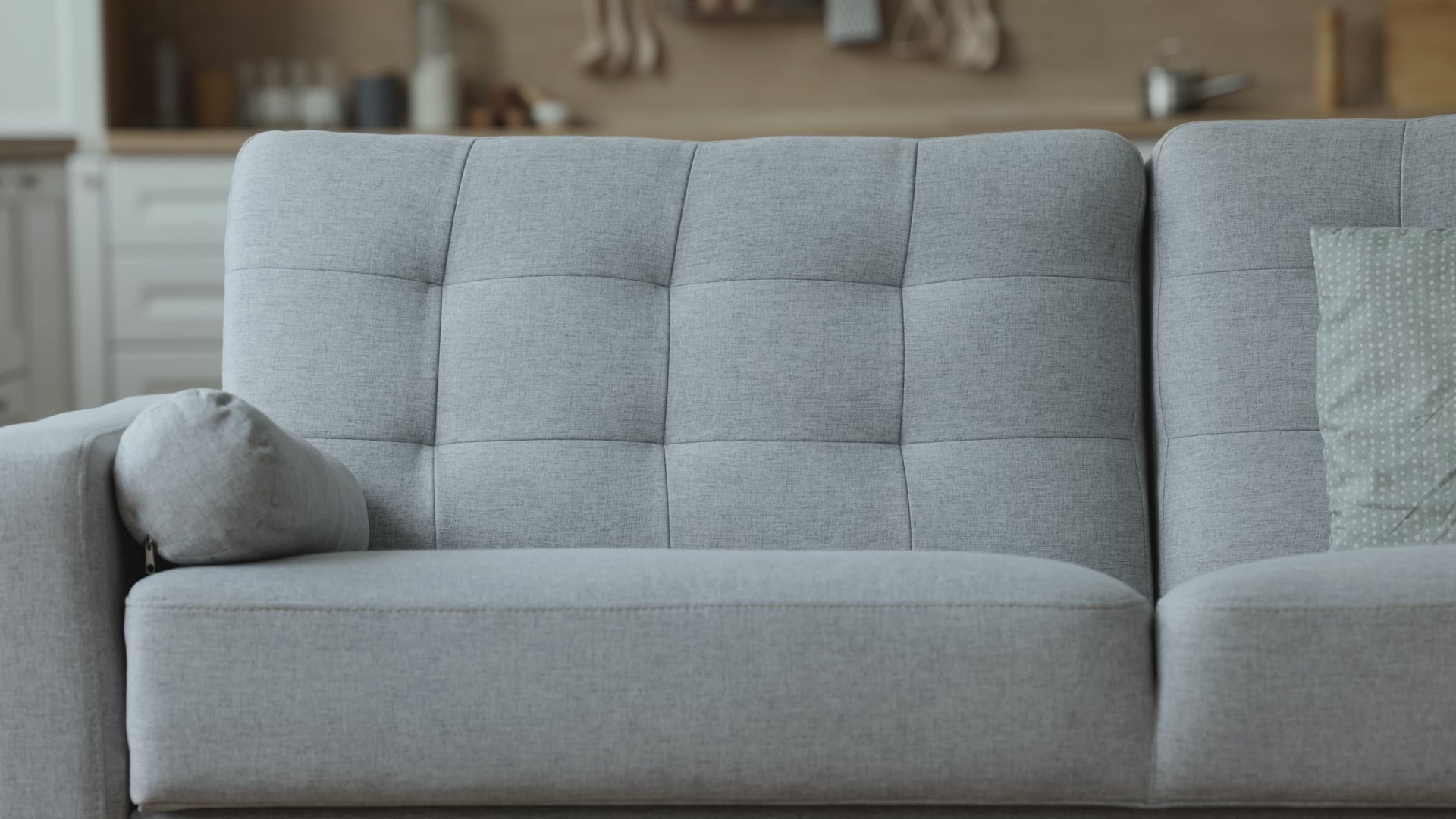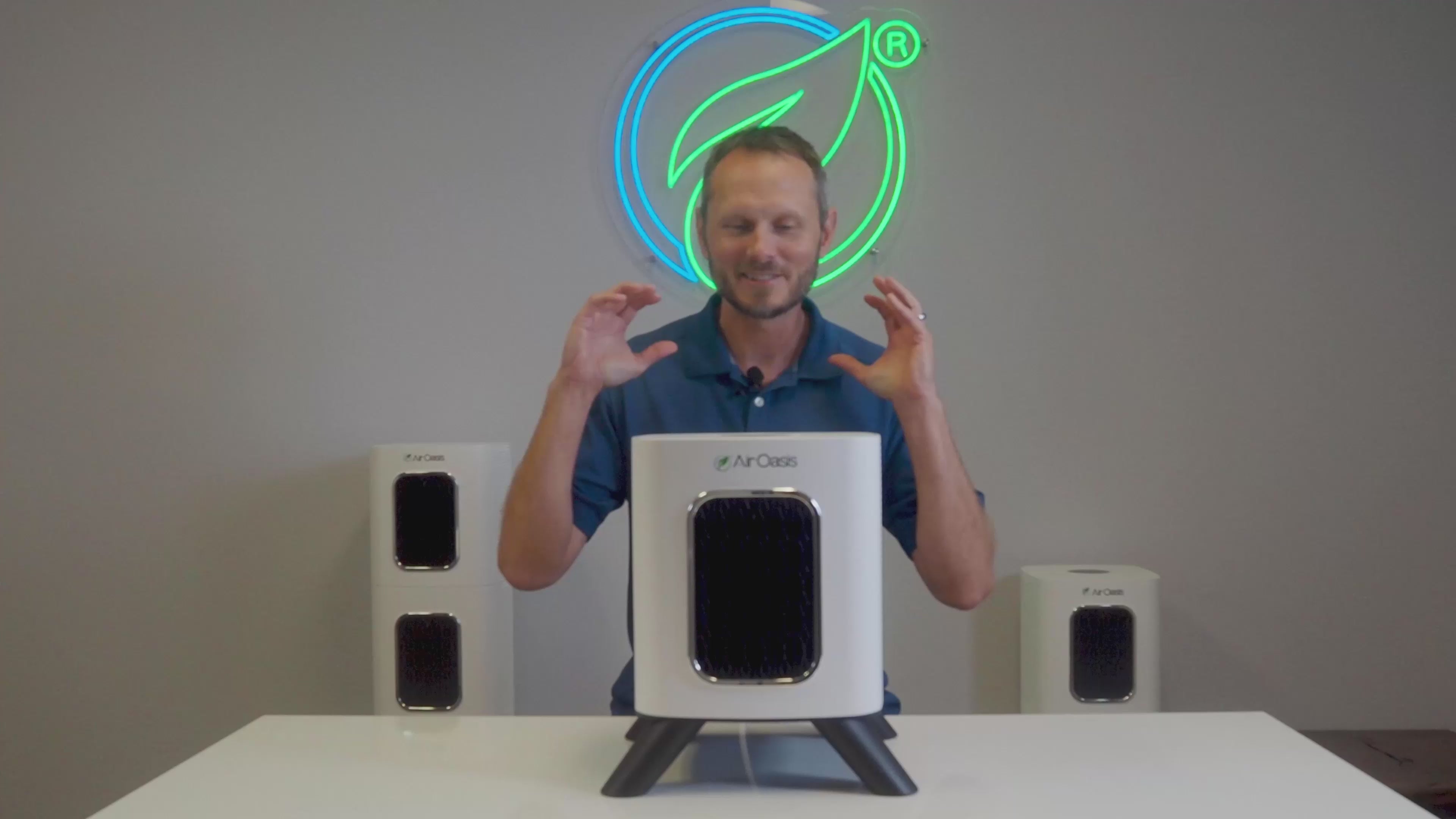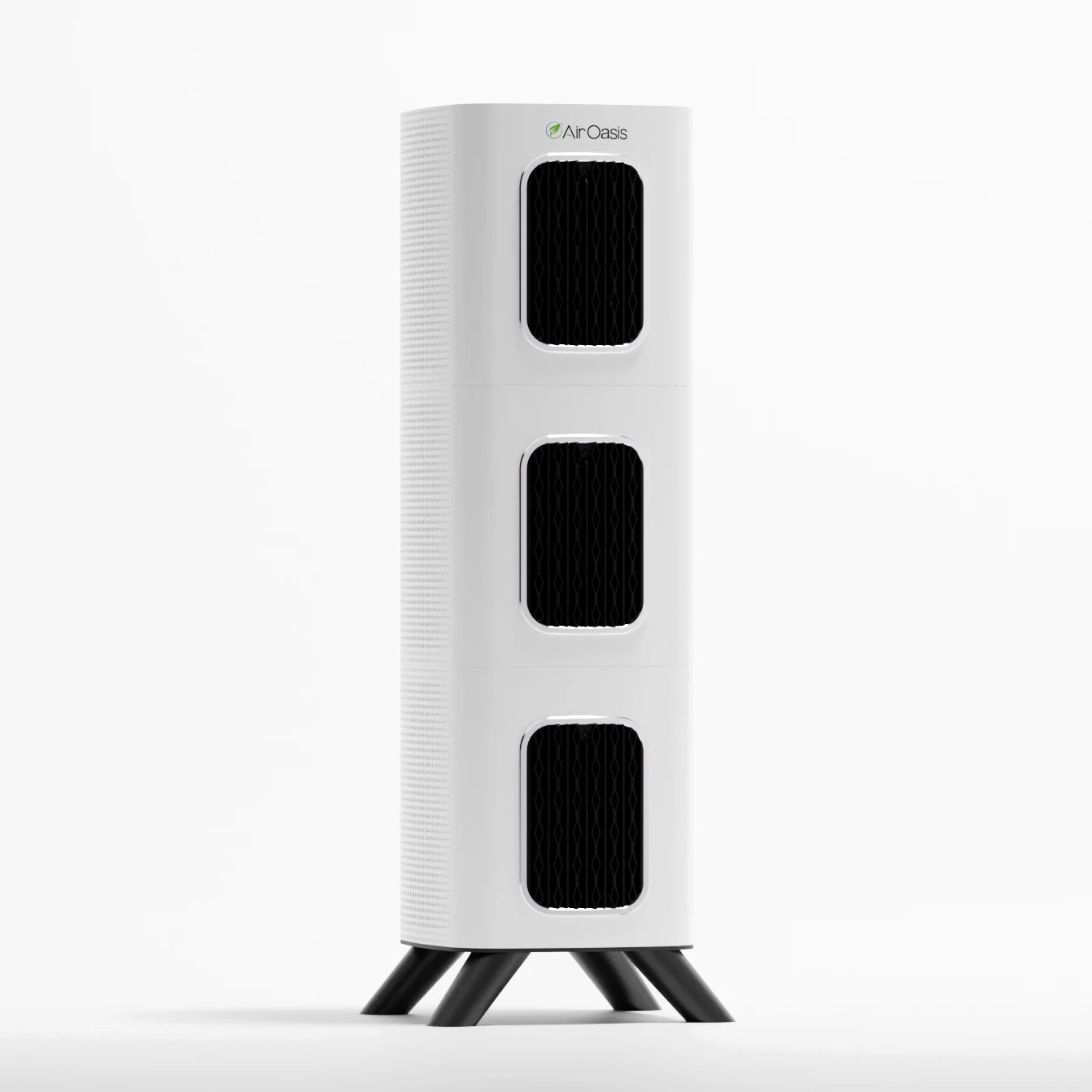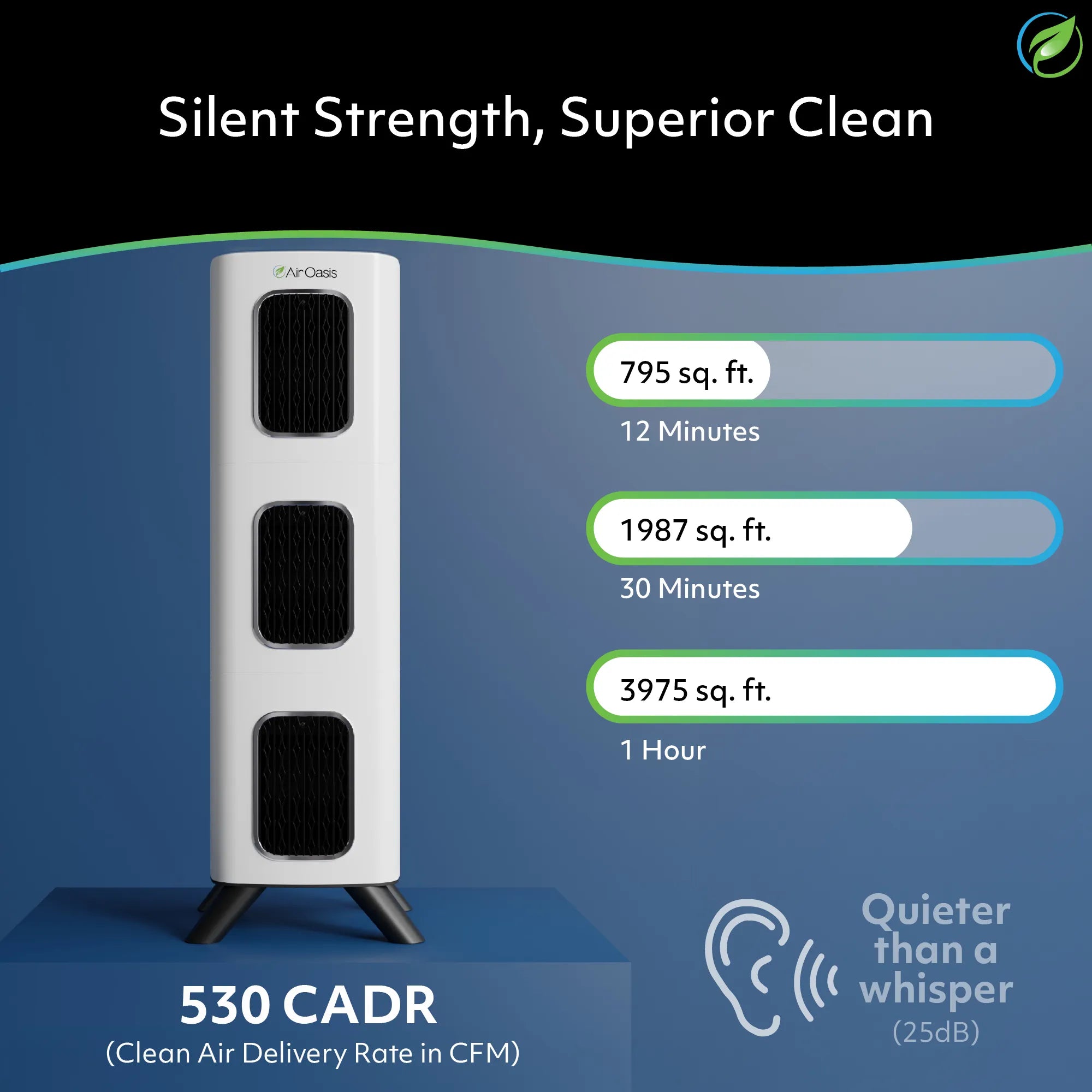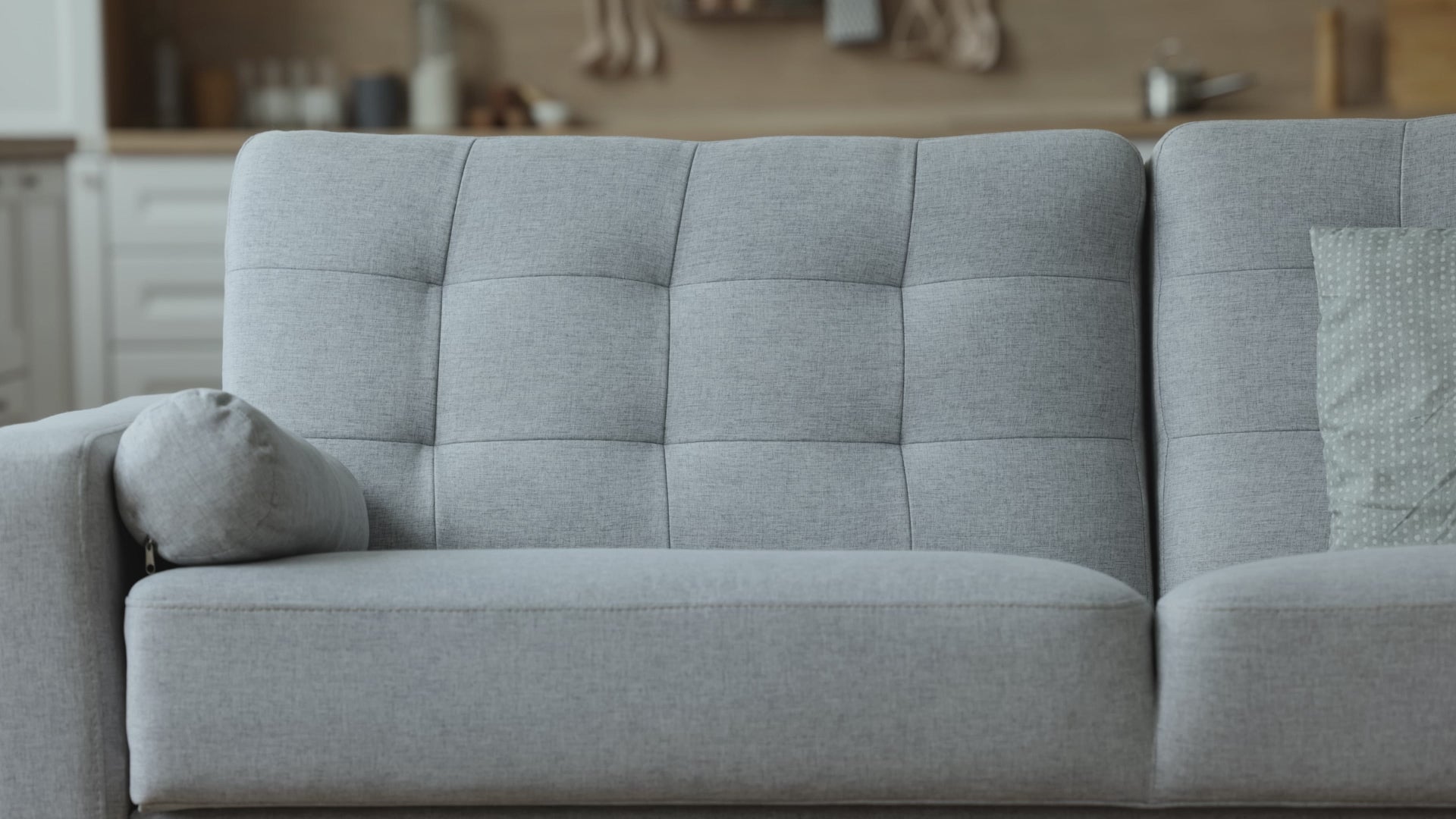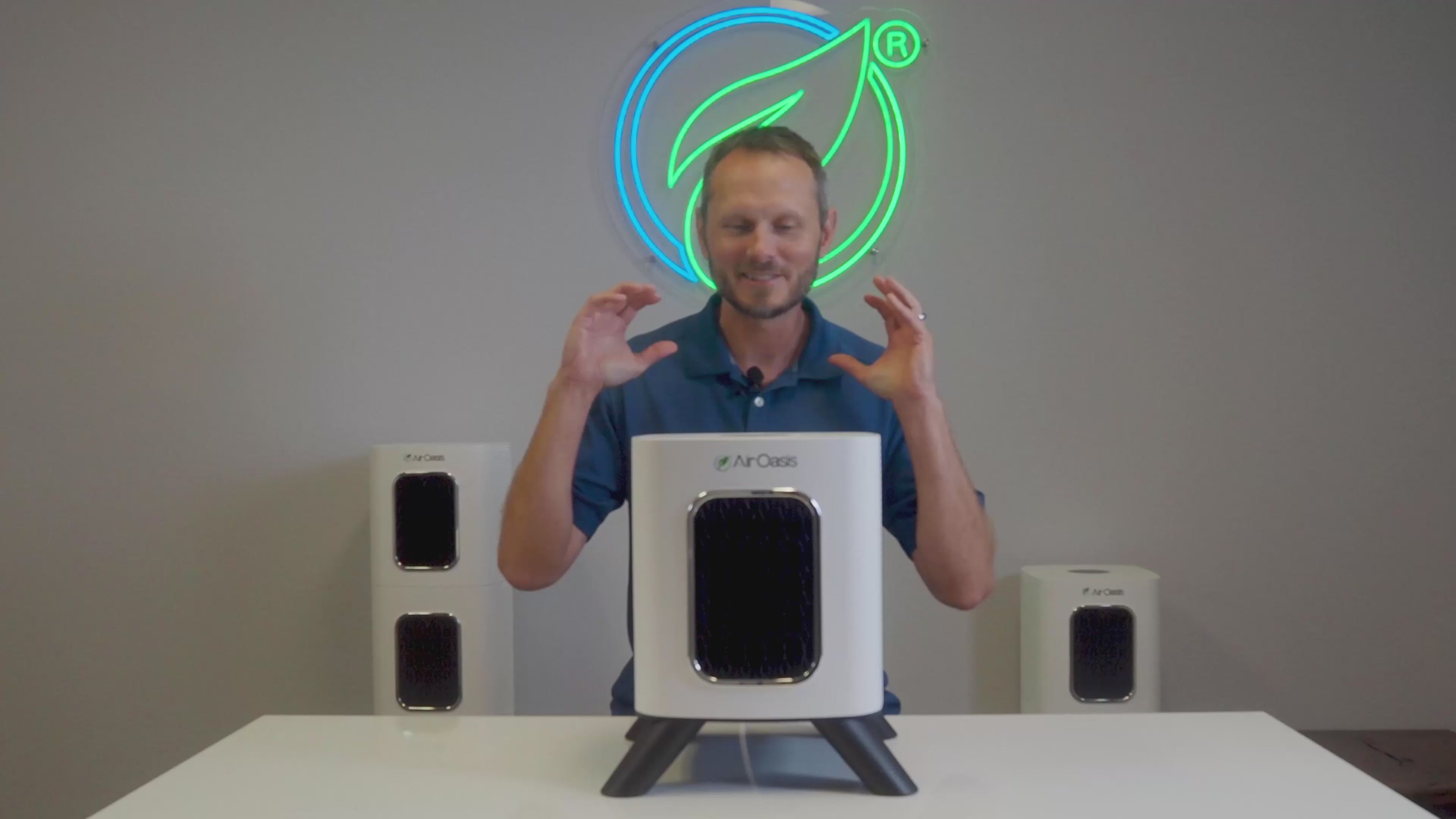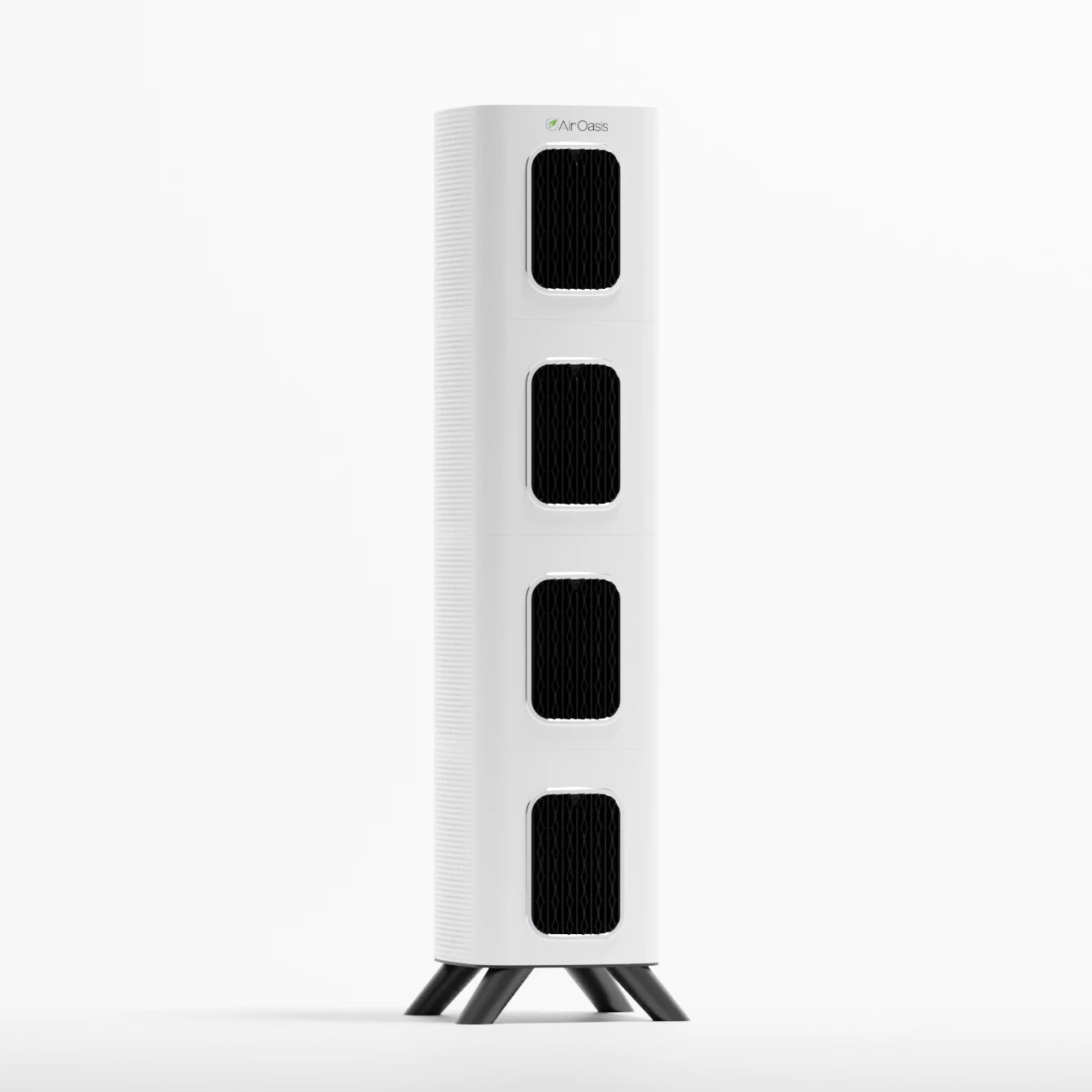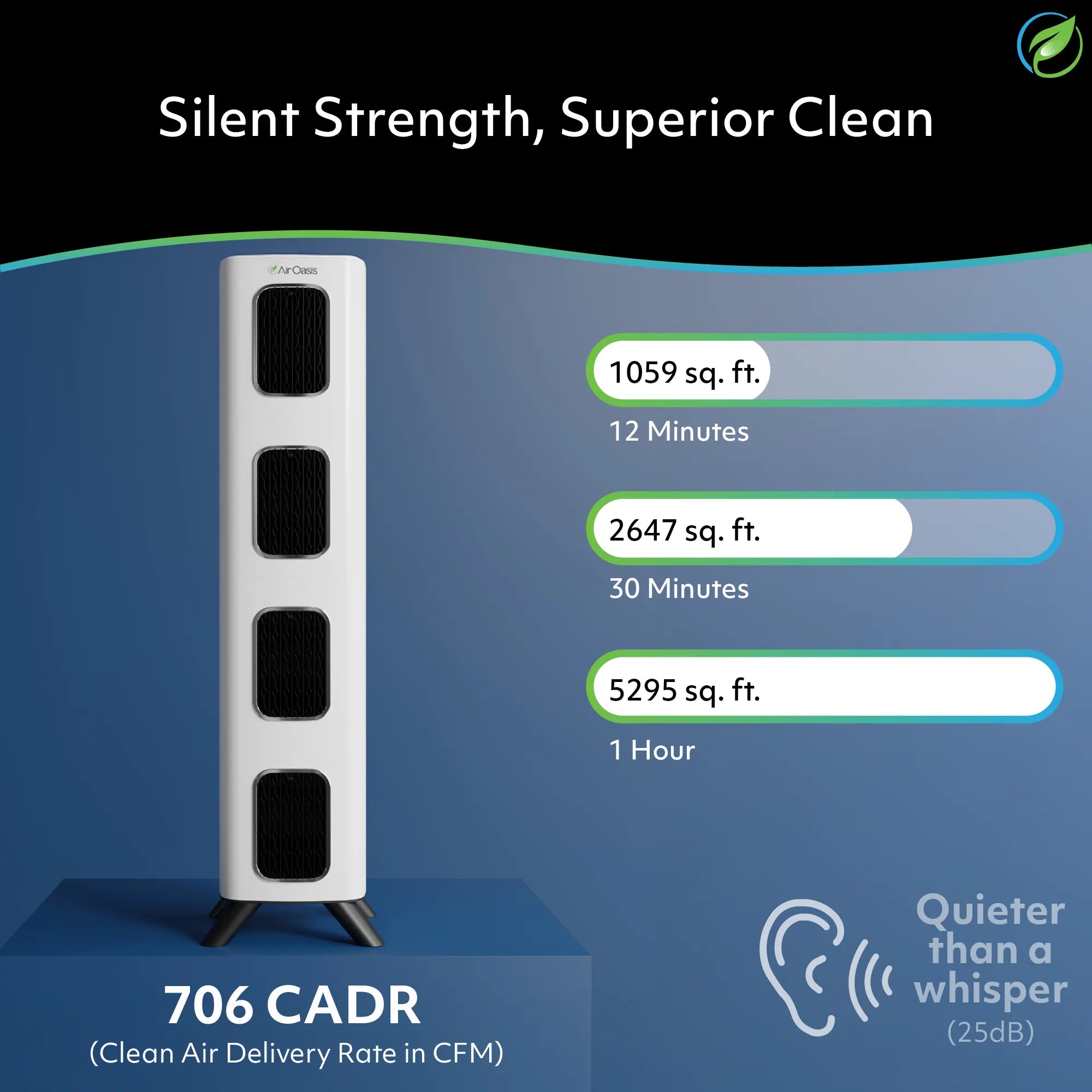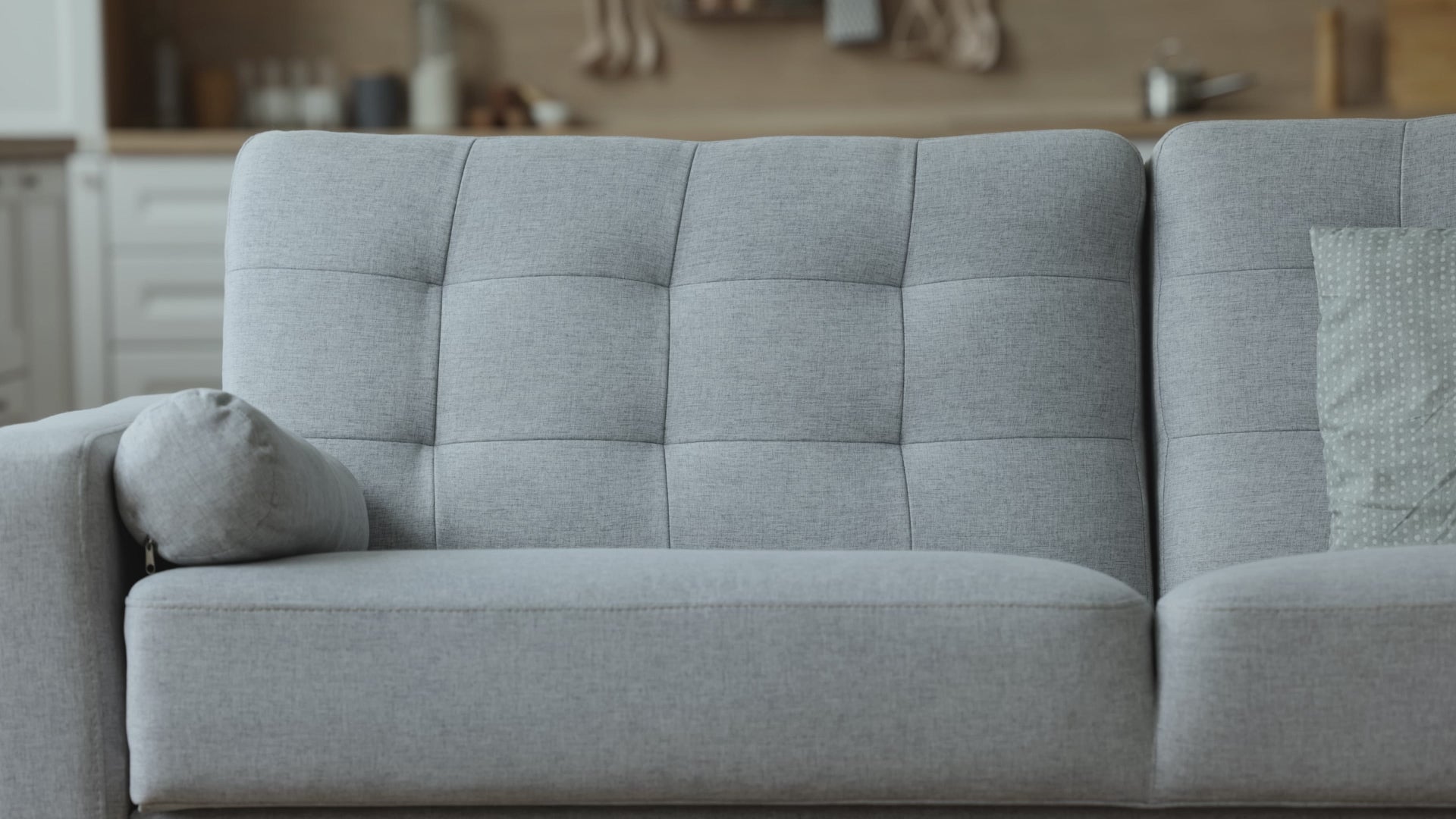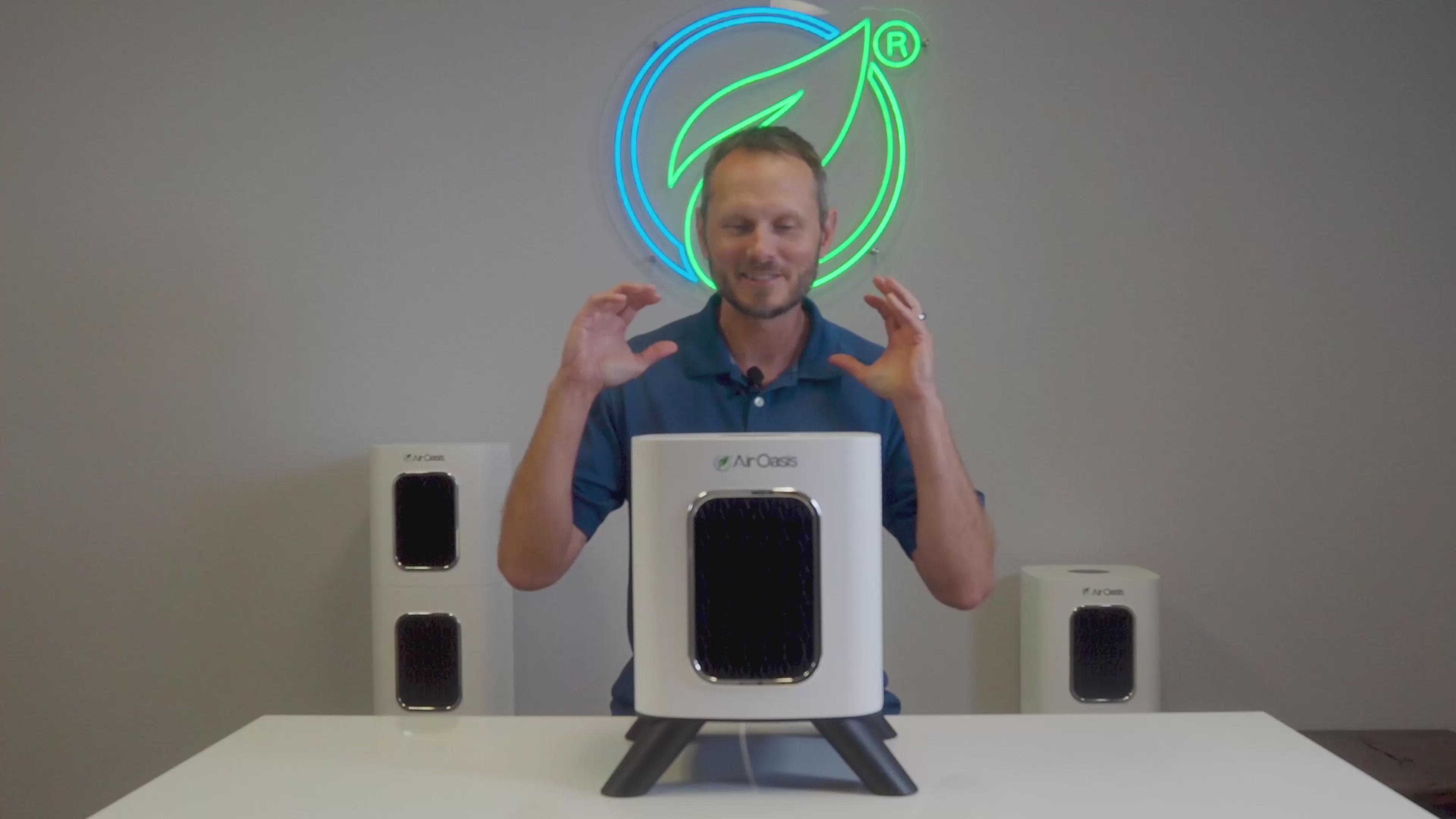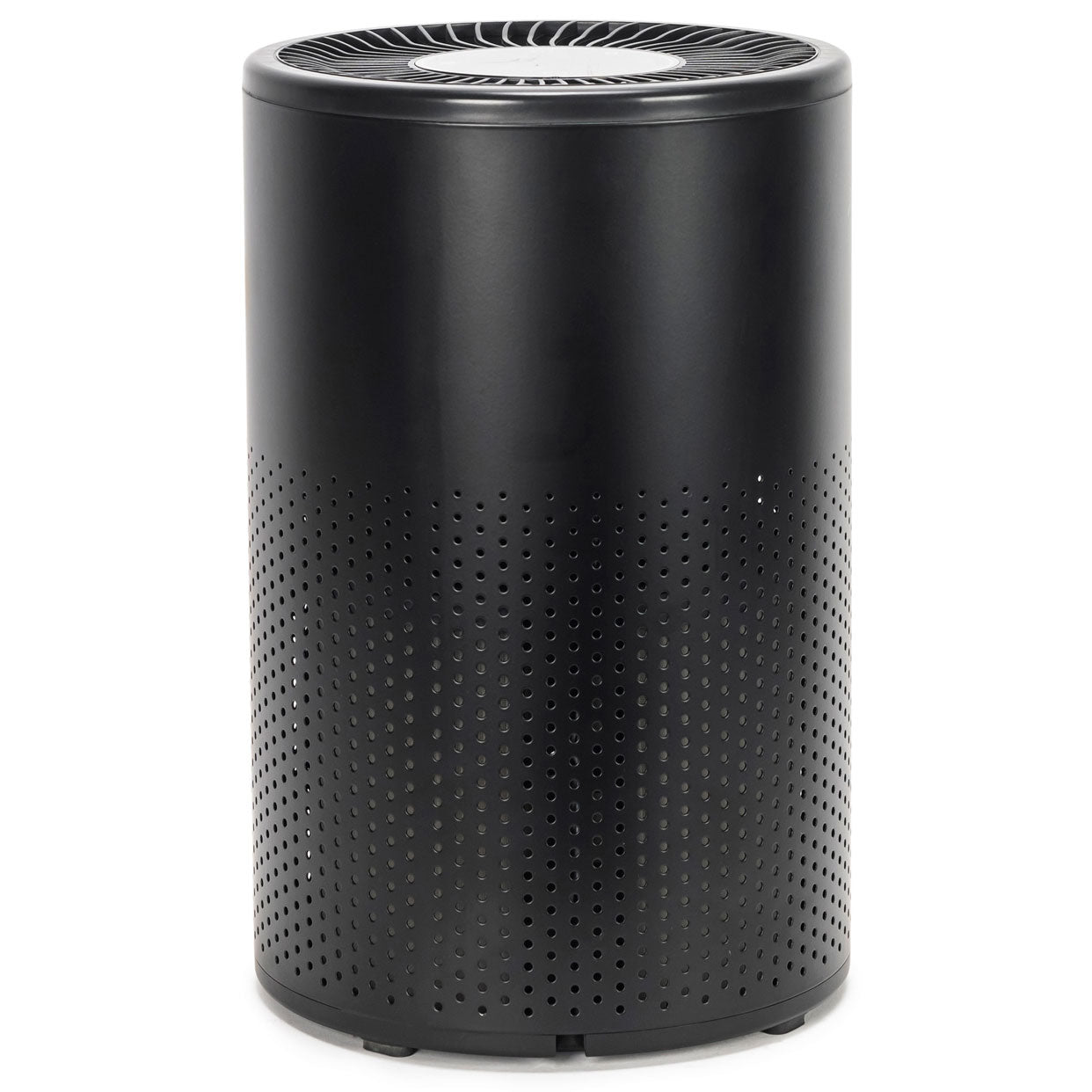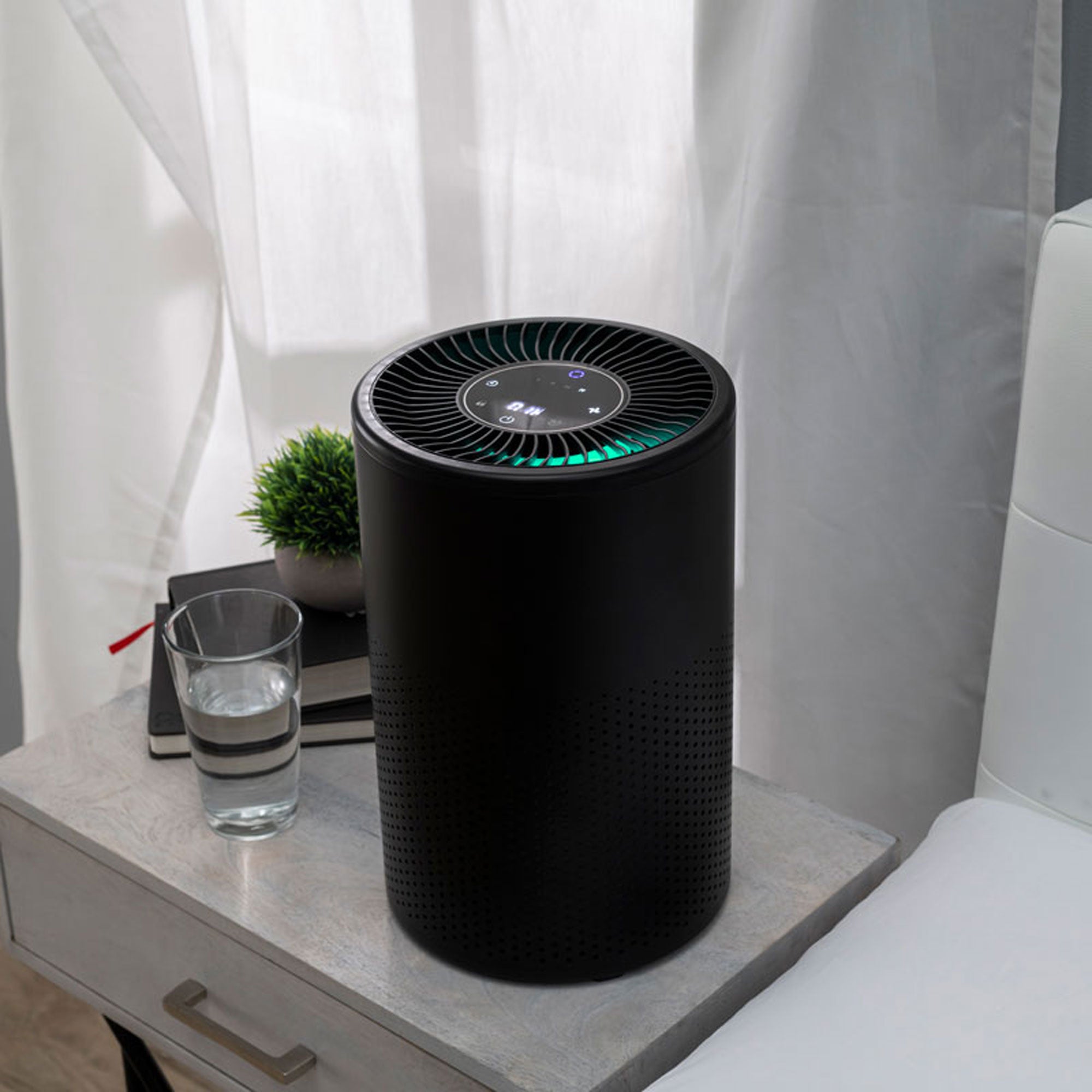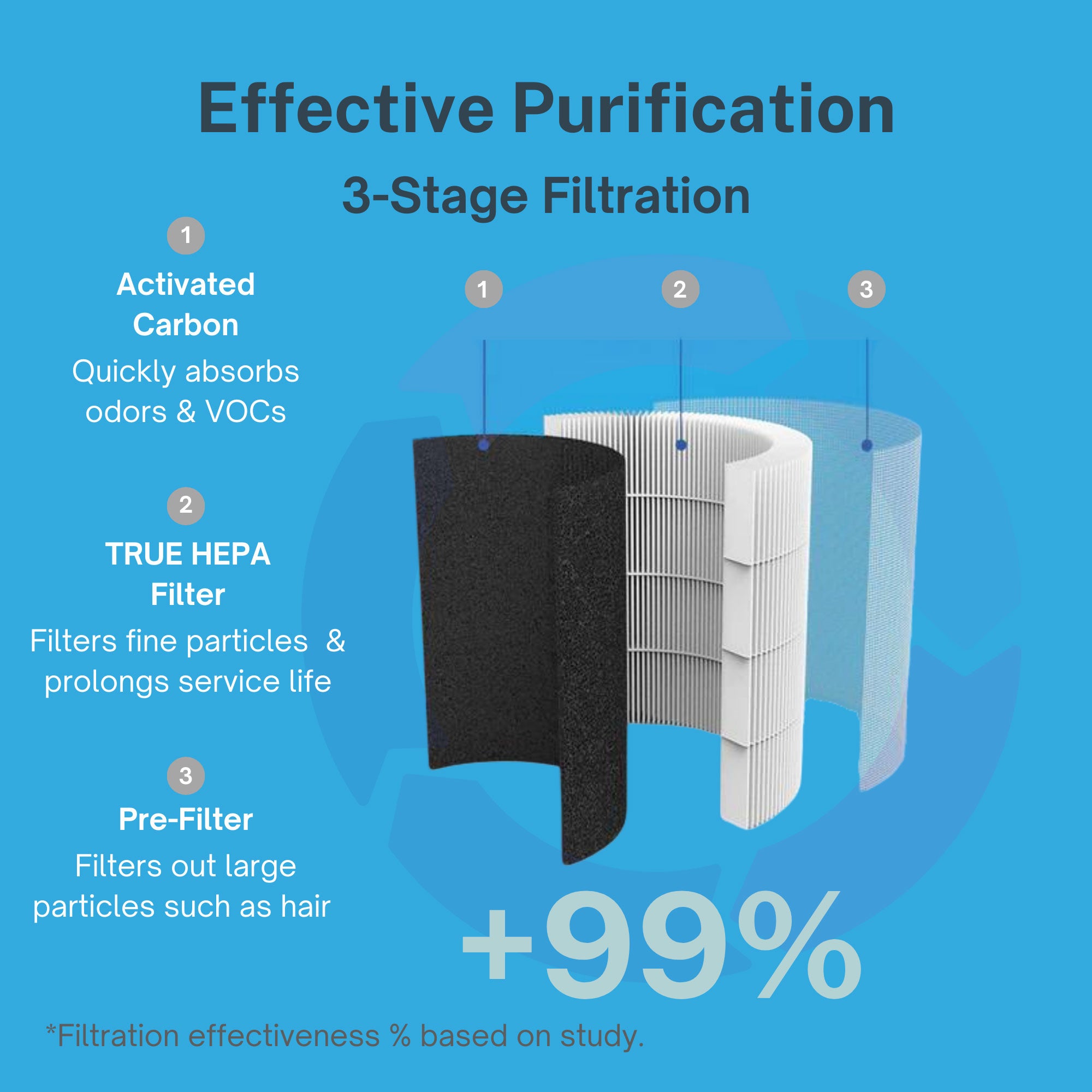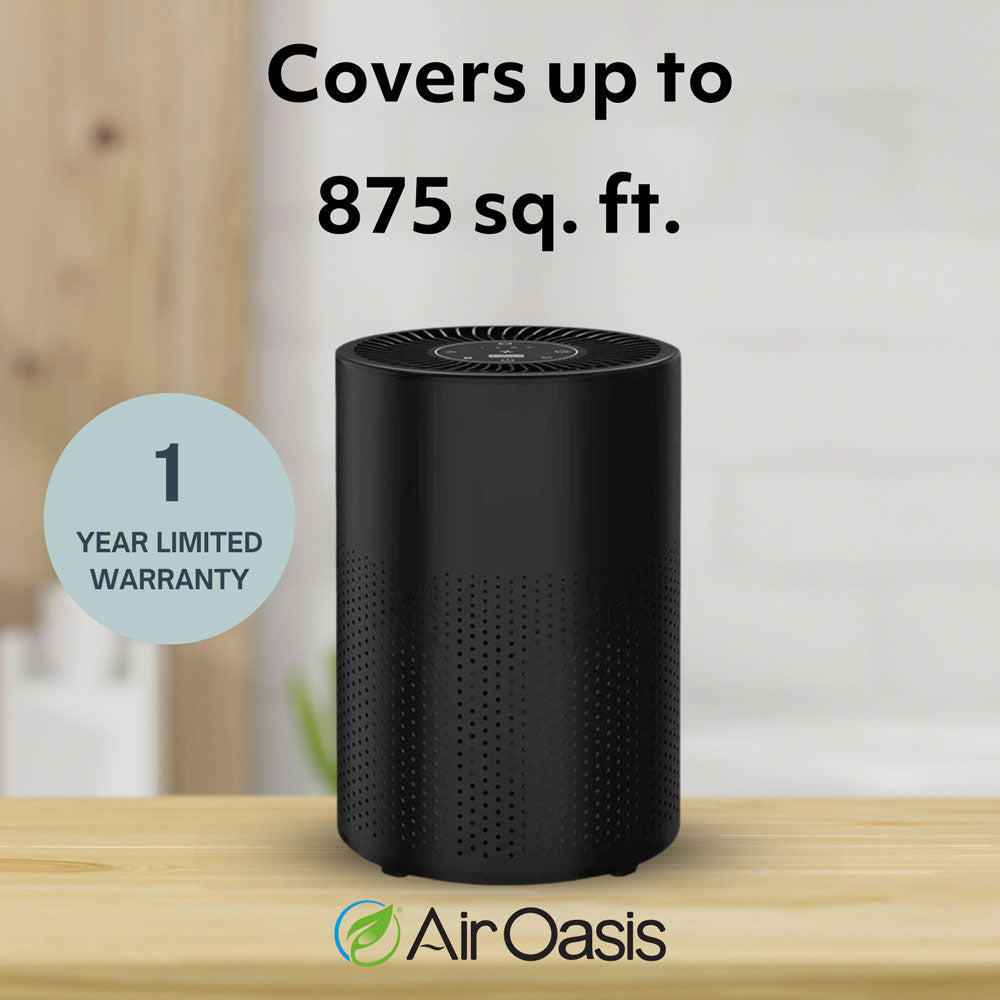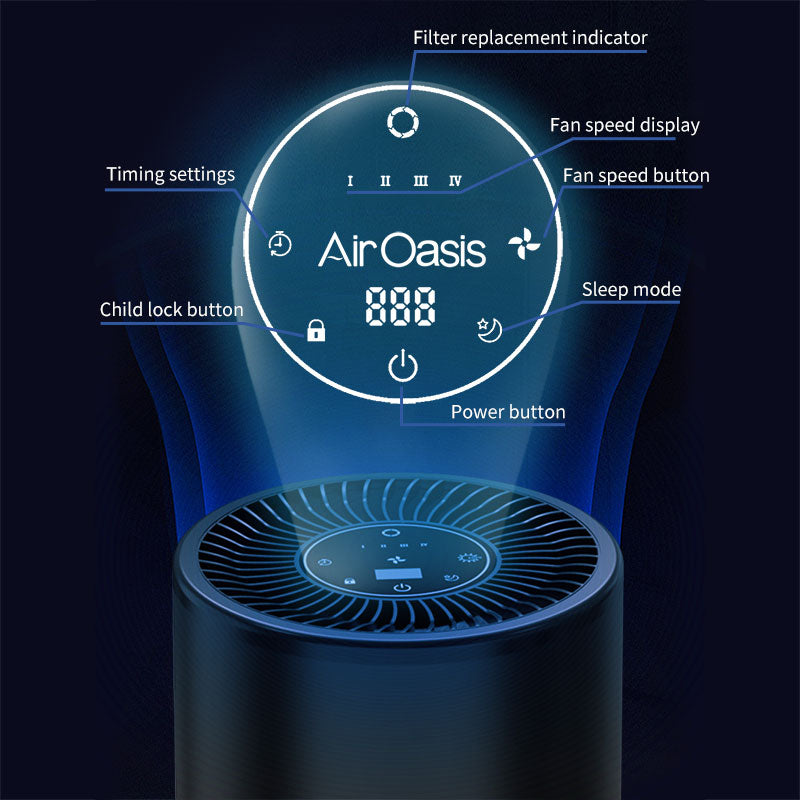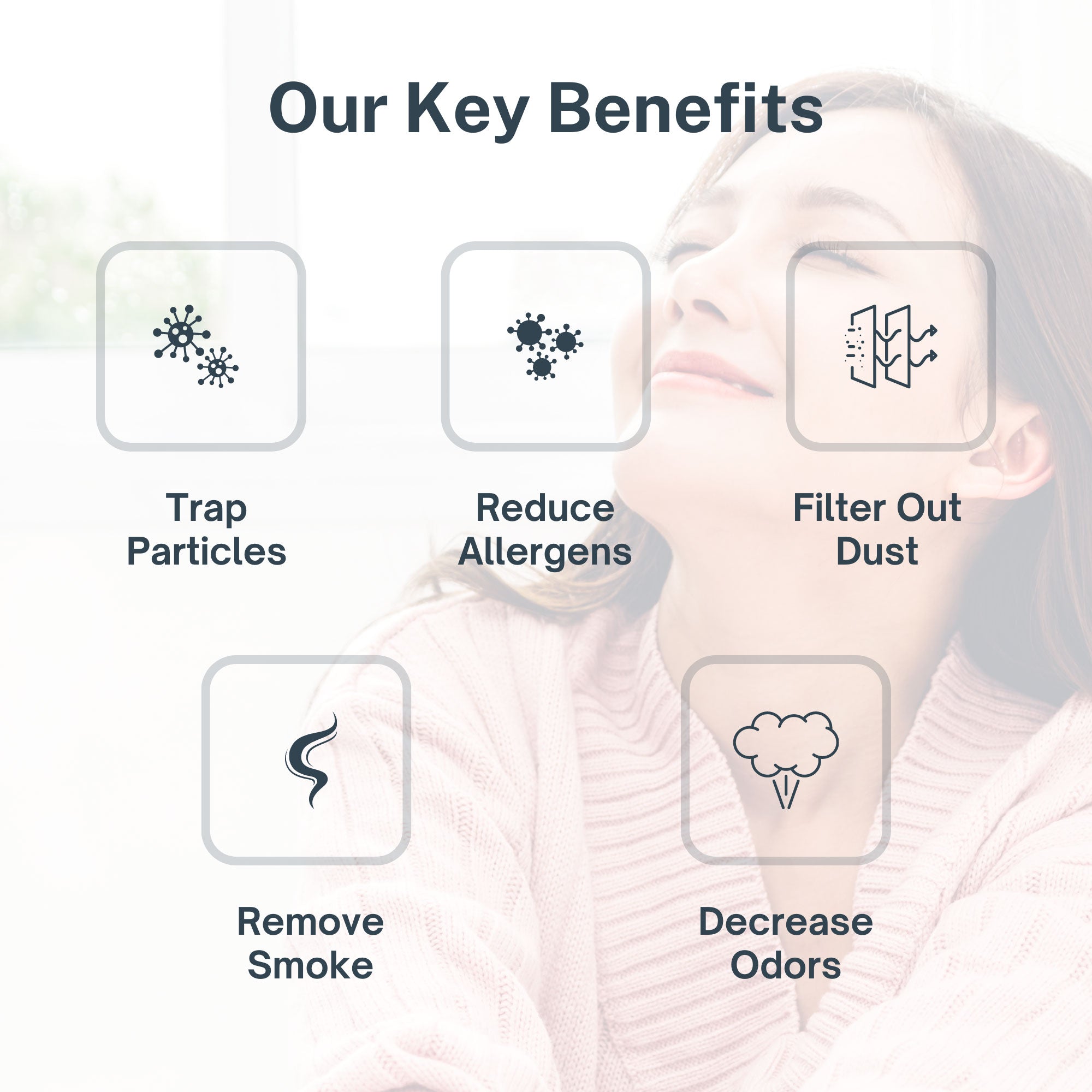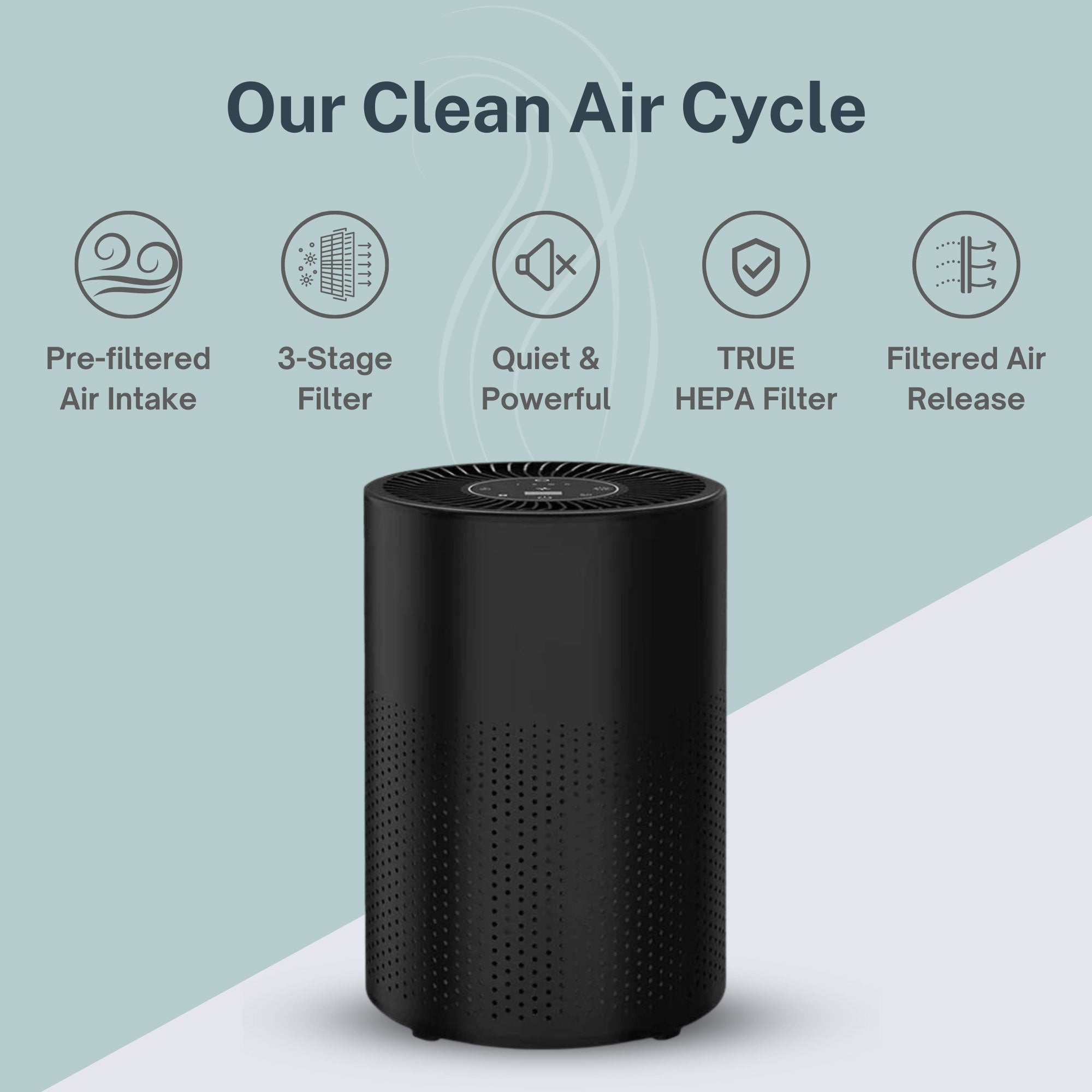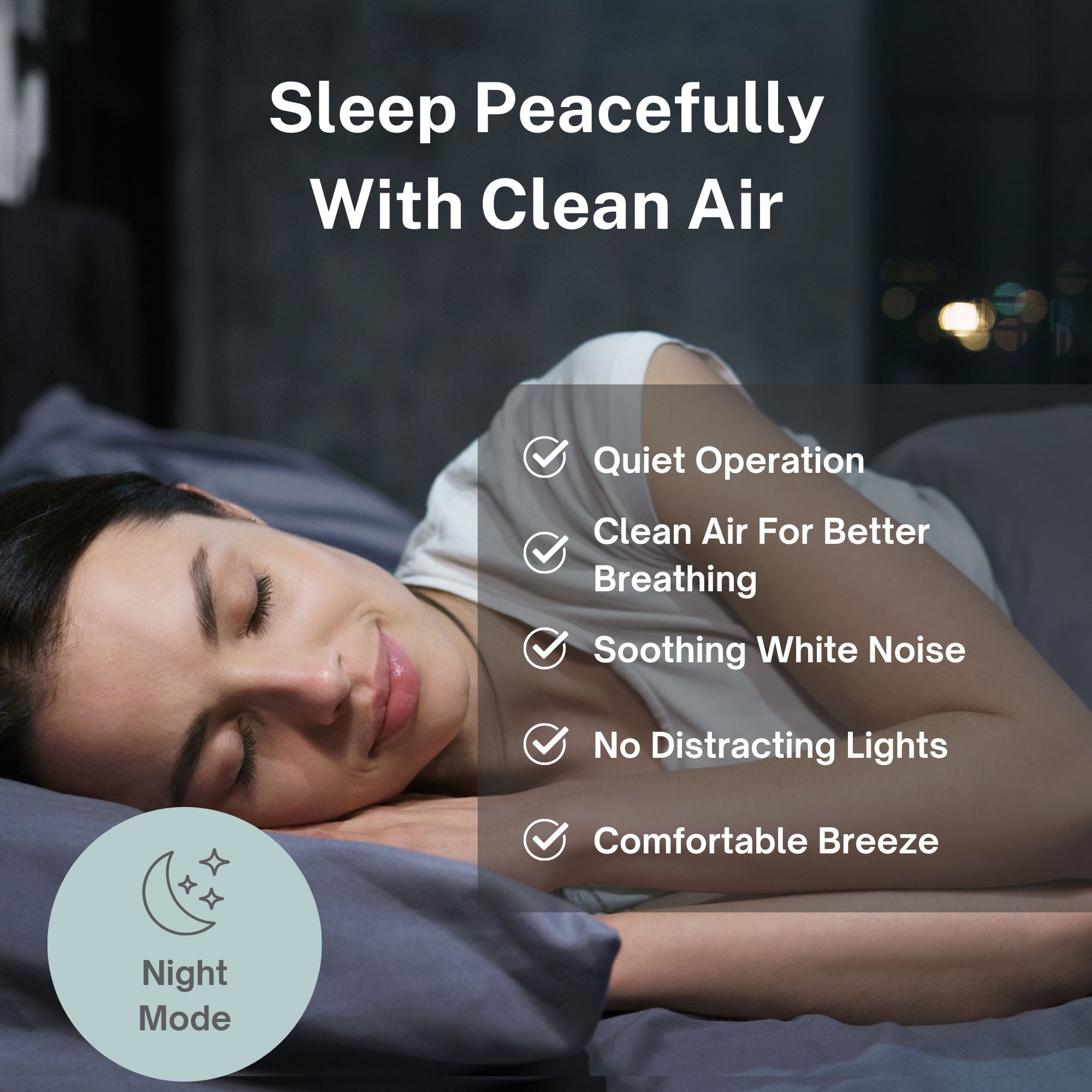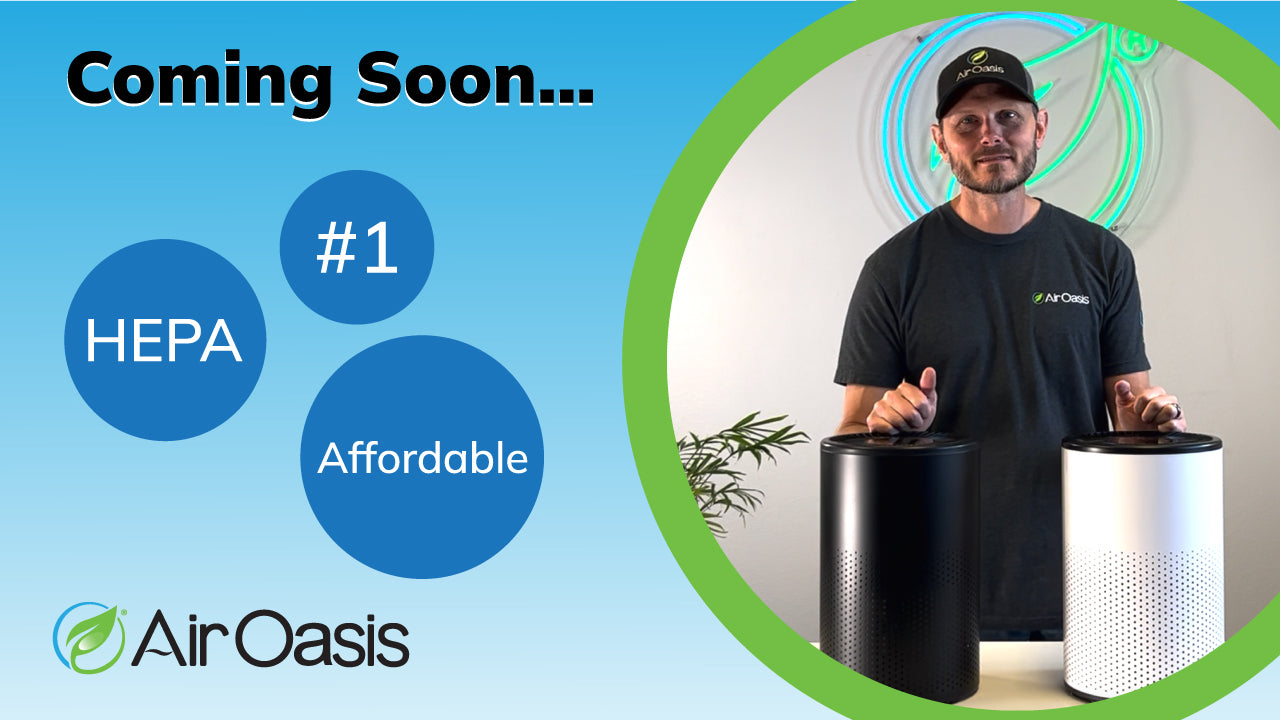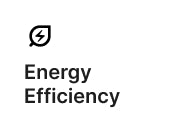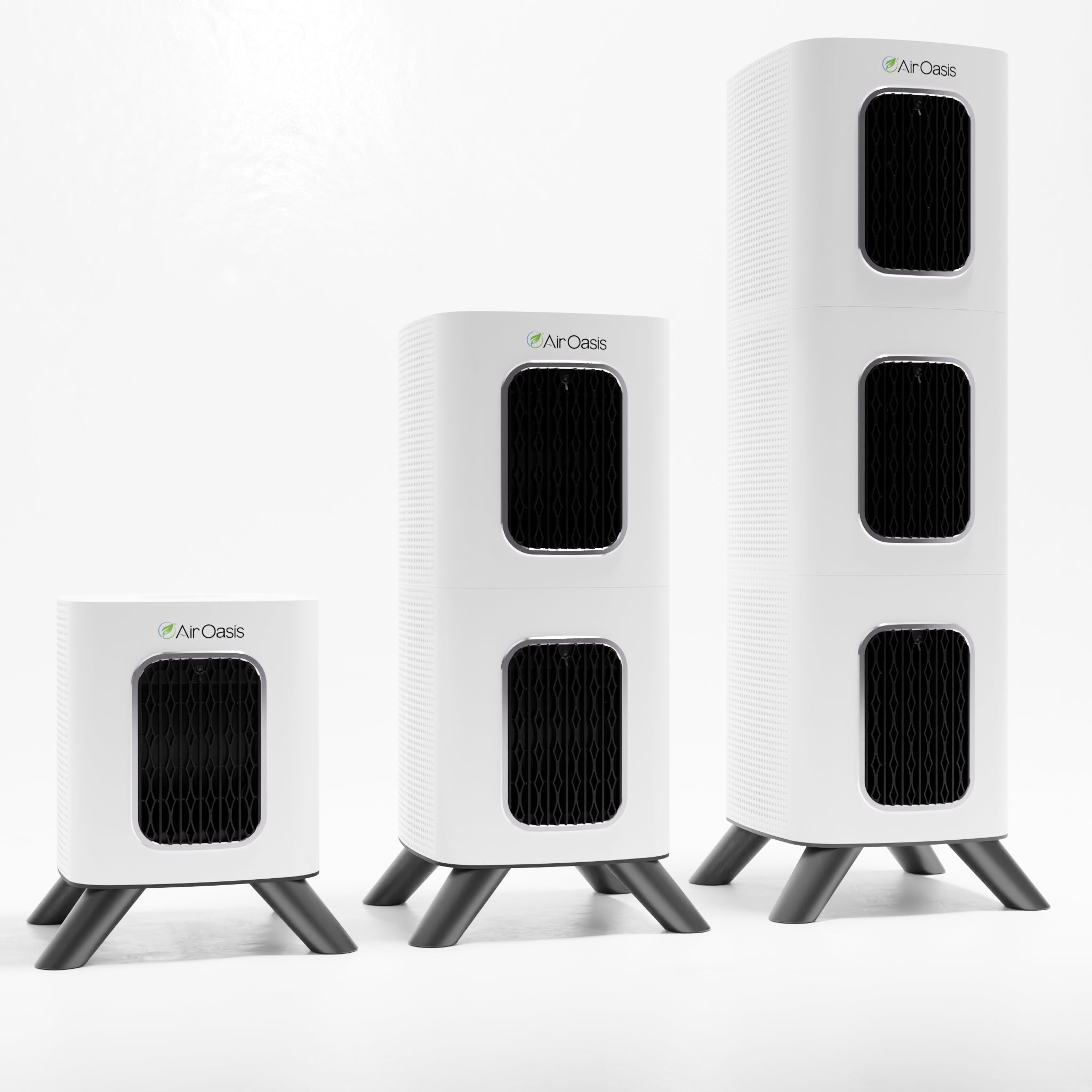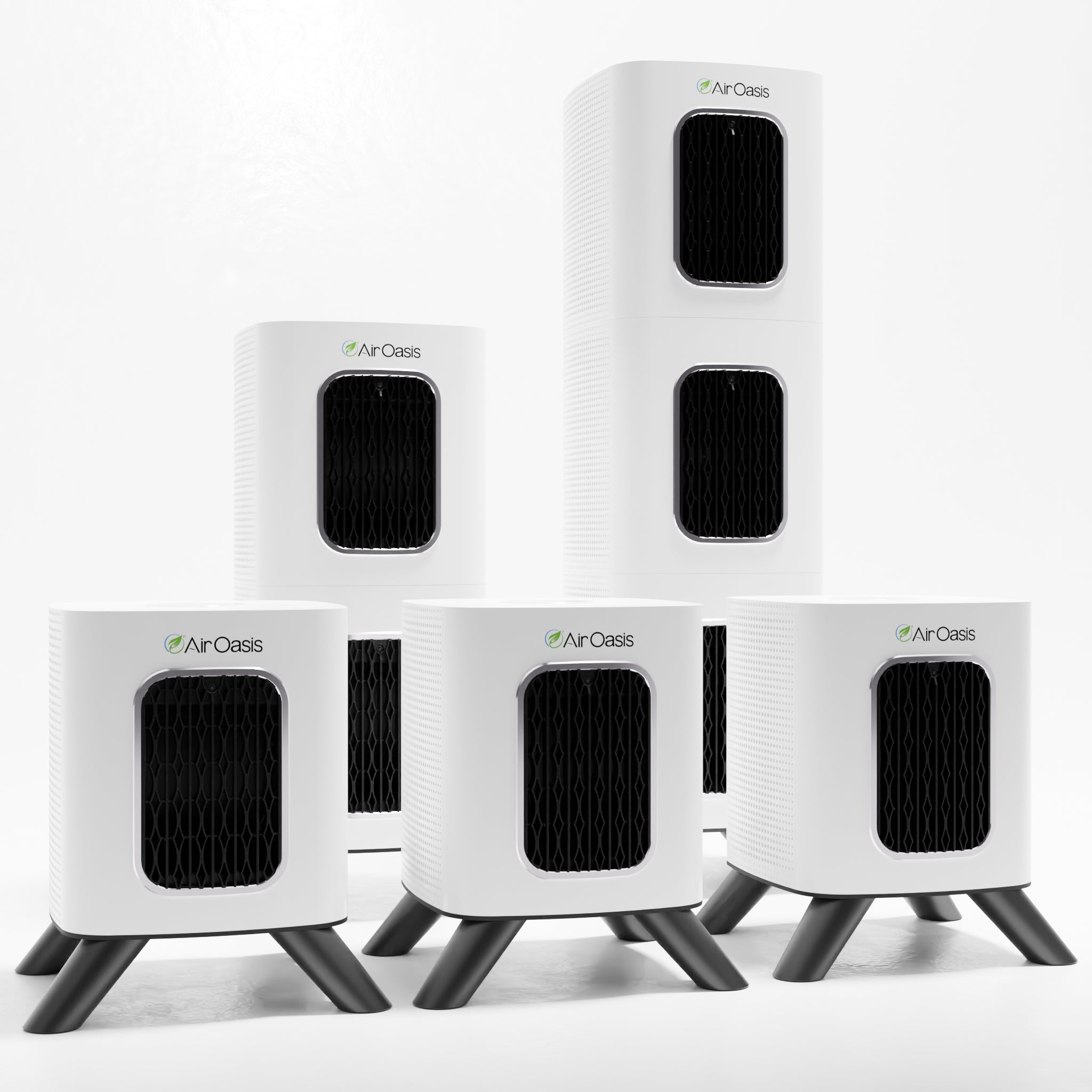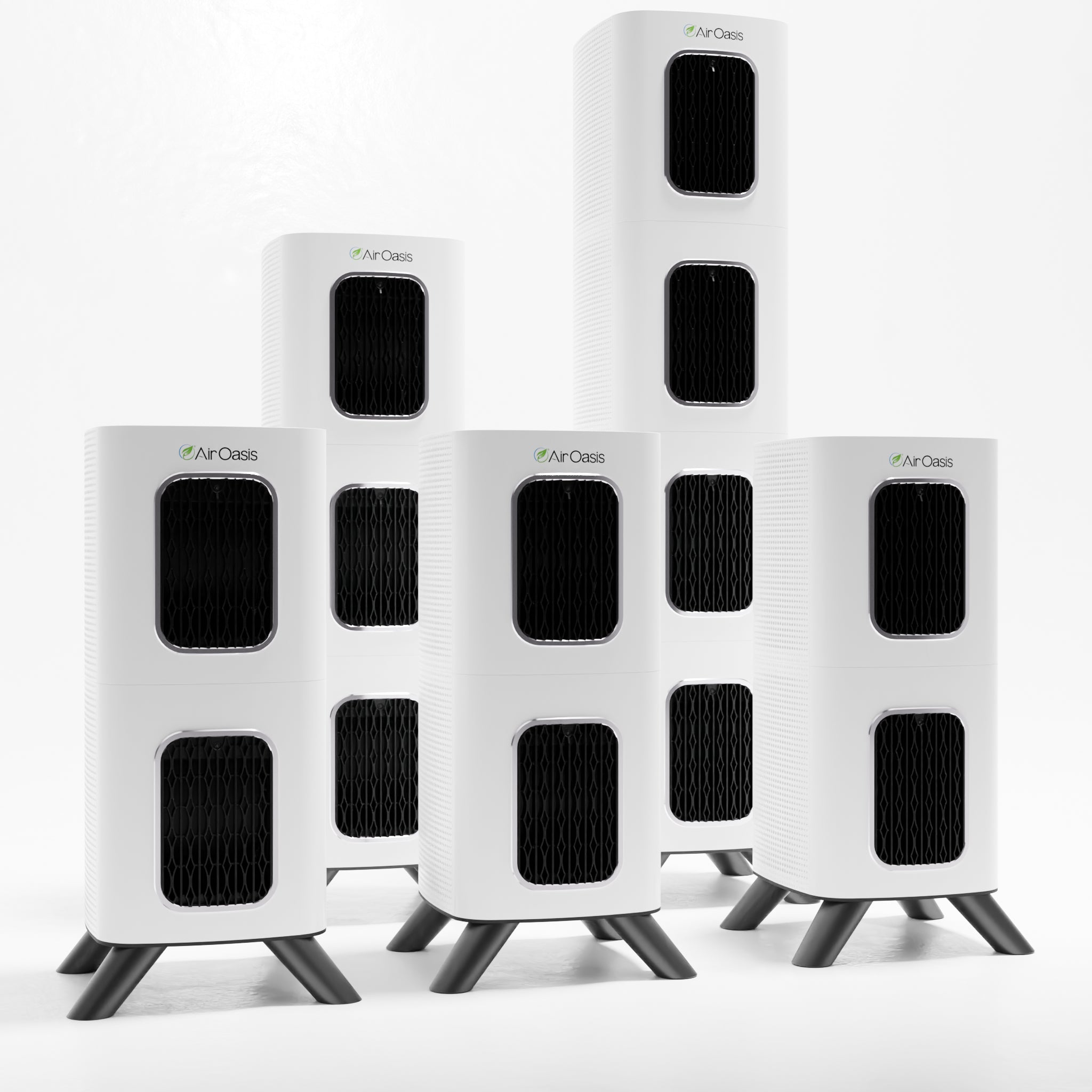How to Choose the Best Air Purifier for Your Home
In an age where indoor air quality is increasingly recognized as crucial to health, selecting the best air purifier for your needs has become essential. With a myriad of options available, from room air purifiers to advanced air filters, finding the right one can be daunting. Here’s a comprehensive guide to help you navigate through the options and choose the best air purifier for your home.
Understanding Air Purifiers
Air purifiers are devices designed to cleanse the air by removing pollutants such as dust, pollen, pet dander, mold spores, and even volatile organic compounds (VOCs). They work by drawing in air, passing it through filters to trap particles, and then circulating clean air back into the room. Choosing the right type and size of air purifier depends on several factors:
Key Factors to Consider
-
Room Size:
Best air purifier for large rooms: When selecting an air purifier, consider the size of the room it will be used in. Larger rooms require more powerful purifiers with higher Clean Air Delivery Rate (CADR) ratings to effectively clean the air.
-
Filter Type:
Air filter for mold and allergies: Different air purifiers come with different types of filters. High-efficiency particulate air (HEPA) filters are highly recommended for their ability to capture 99.97% of particles as small as 0.3 microns. Air Oasis iAdaptAir purifiers have been tested to reduce even smaller particles, down to 0.05 microns.
Best air purifier with HEPA filter: Look for models that feature true HEPA or Medical Grade H13 HEPA filters for optimal filtration.
-
Air Quality Concerns:
Air purifier for smoke: If you need an air purifier specifically for smoke or odors, consider models equipped with activated carbon filters designed to absorb odorous particles and gases.
Best air purifier for dust: HEPA filters are excellent for capturing dust particles, making them ideal for individuals with dust allergies.
-
Noise Levels:
Quiet room air purifier: Check the noise level (measured in decibels) of the air purifier, especially if you plan to use it in bedrooms or quiet spaces. Keep in mind that a larger air purifier will allow you to run the filter on a lower fan speed to reduce noise and still adequately clean the air.
-
Energy Efficiency:
Energy-saving air purifier: Pay attention to the power consumption vs. CADR to select models that are energy-efficient and consume less power over time.
-
Additional Features:
Smart air purifier: Some air purifiers come with smart features such as air quality sensors, auto modes, and Wi-Fi connectivity for remote operation.

